The Limit Does Not Exist — Innovative SBA Grading Expands to Math Department
SBGBook: the website where students can view the grades they have received on assessments throughout the year
The Latin community has witnessed quite a few changes this year: no more masks or weekly COVID testing, “Dorito desks,” and a new Head of School. The Upper School also seems to be expanding the grading style known as Standards-Based Assessment (SBA).
Over the past few years, science and humanities classes have begun to adopt this method of grading and assessing. Now, it is starting to be used in math, too. Latin is currently piloting the SBA grading system in two math classes: Algebra 2 and Intro to Differential Calculus. Previously, all Upper School math classes have used percentage-based grading.
Sophomore Aria Balani, a student in Upper School math teacher Carlo Ordoñez’s Algebra 2 class, said, “We will be graded with learning objectives this year, like last year in physics. So there will be opportunities to reassess.” She added, “The tests are shorter, but more frequent. I think they’re only a couple of questions long.”
Each quiz correlates directly to a learning objective, and teachers grade students with a 10, 8, 6, or 5, depending on how well they demonstrated their understanding of that objective.
Work to implement this system began several years ago with Co-Chair of the Upper School Math Department Nichol Hooker, former Head of School Randall Dunn, former Upper School Director Kirk Greer, and former Director of Studies Jed Silverstein. Over the summer, Upper School math teachers Andrew Sanchez, Freddie Swinson, and Dr. Hooker worked on the Algebra 2 SBA curriculum writing team.
This transition was prompted by the many benefits that the administration noticed about using SBA. “Deeper learning is continuous,” Dr. Hooker said. “Cycles of smaller assessments, timely feedback, and reassessment create deeper, enduring learning.”
The opportunity to reassess in math classes is a highlight of the SBA-style grading. The non-SBA grading system for math typically allows students to revise a test only if they receive less than 80 percent, and they can often still earn only a maximum score of 80 percent on that test. Test revision does not usually apply for quizzes, although correction policies vary among teachers and classes.
Mr. Ordoñez, a new teacher at Latin this year, said, “The opportunity to reassess reinforces the fact that learning does not stop after a quiz or a test.”
Aria echoed Mr. Ordoñez’s sentiments. “I found reassessing really helpful for physics last year, so I’m excited to have that in math this year.”
Despite its advantages, the transition to SBA in math poses some challenges for teachers and students.
On quizzes, Aria said, “You don’t get a variety of problems to demonstrate your knowledge and abilities, which can make SBA more challenging in some ways.”
Sophomore Olivia Harris also expressed her concerns about this transition. “I really don’t like how there are no ‘in betweens’ with this grading style.” She added, “If I don’t get a 10, which translates to a 100, I end up with an 80, 60, or 50.” Olivia said that last year, there were “instances where I felt like I should have received a 9, but with SBA that isn’t an option.”
Mr. Ordoñez predicted this concern. “I feel like a challenge [will be] trying to interpret a single assessment grade through the lens of a ‘traditional’ grading scale, when it might not be appropriate to do so,” he said.
On the other hand, there are also some notable difficulties that come along with more “traditional” rubrics. “Personally, I’ve had difficulty working with them as I want to ensure that the way I allocate points to problems is meaningful,” Mr. Ordoñez said. “Is it fair to say that a four-point problem is twice as difficult or twice as important as a two-point problem?”
The Upper School Math Department has a vison for the future of math classes at Latin. Dr. Hooker said, “Our goal is to expand SBA grading to additional [math] courses in the future. The rollout will be deliberate and progressive.”
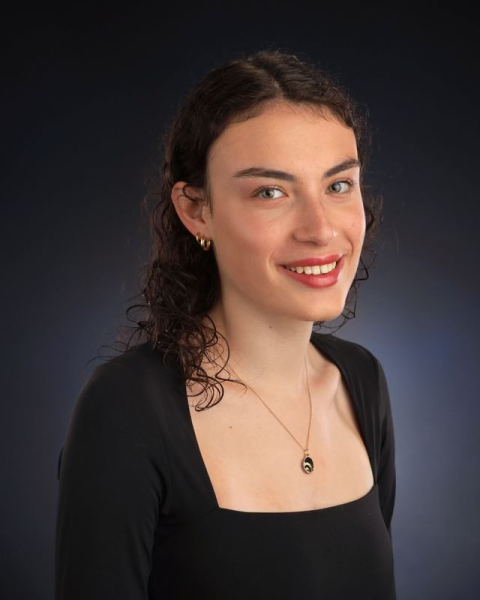
Natasha Benjamin (‘25) is delighted to serve as an opinions editor this year! This is her fourth and final year writing for The Forum, and she loves...

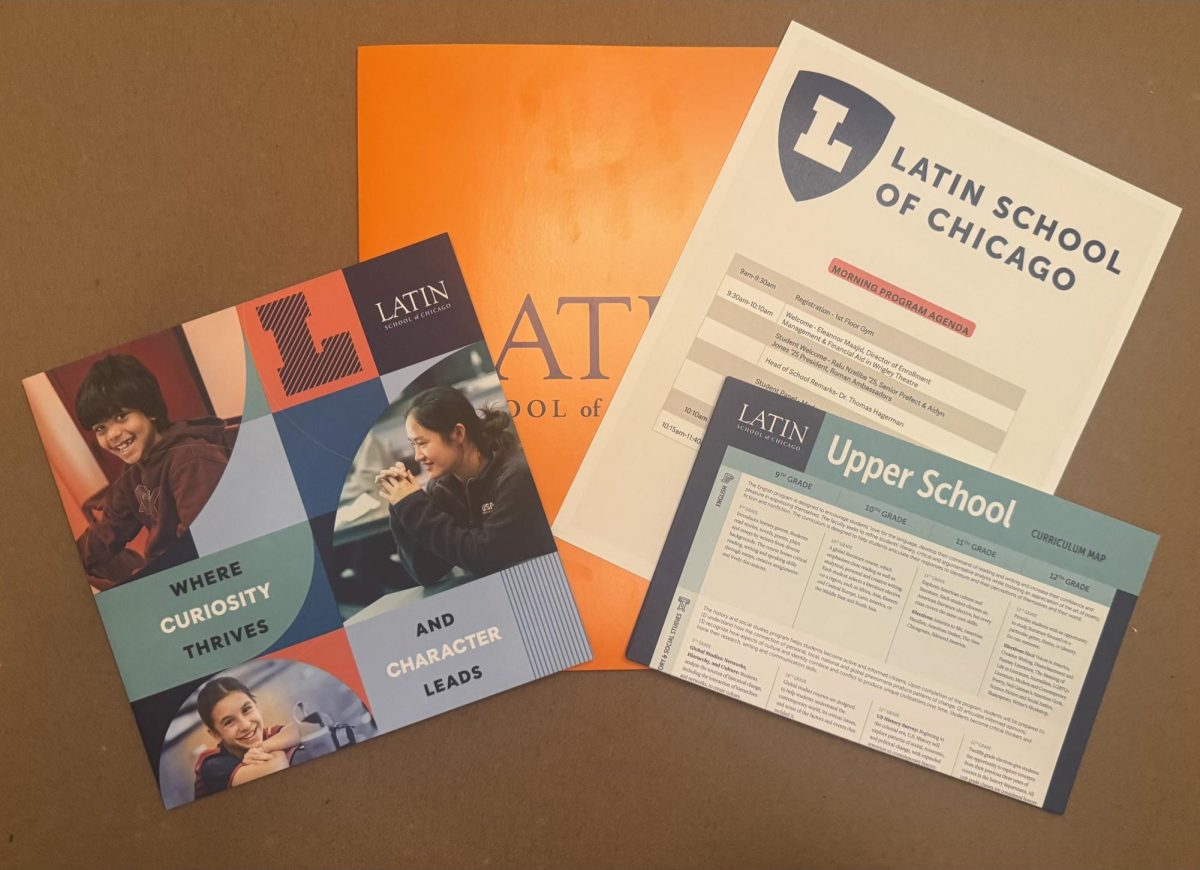
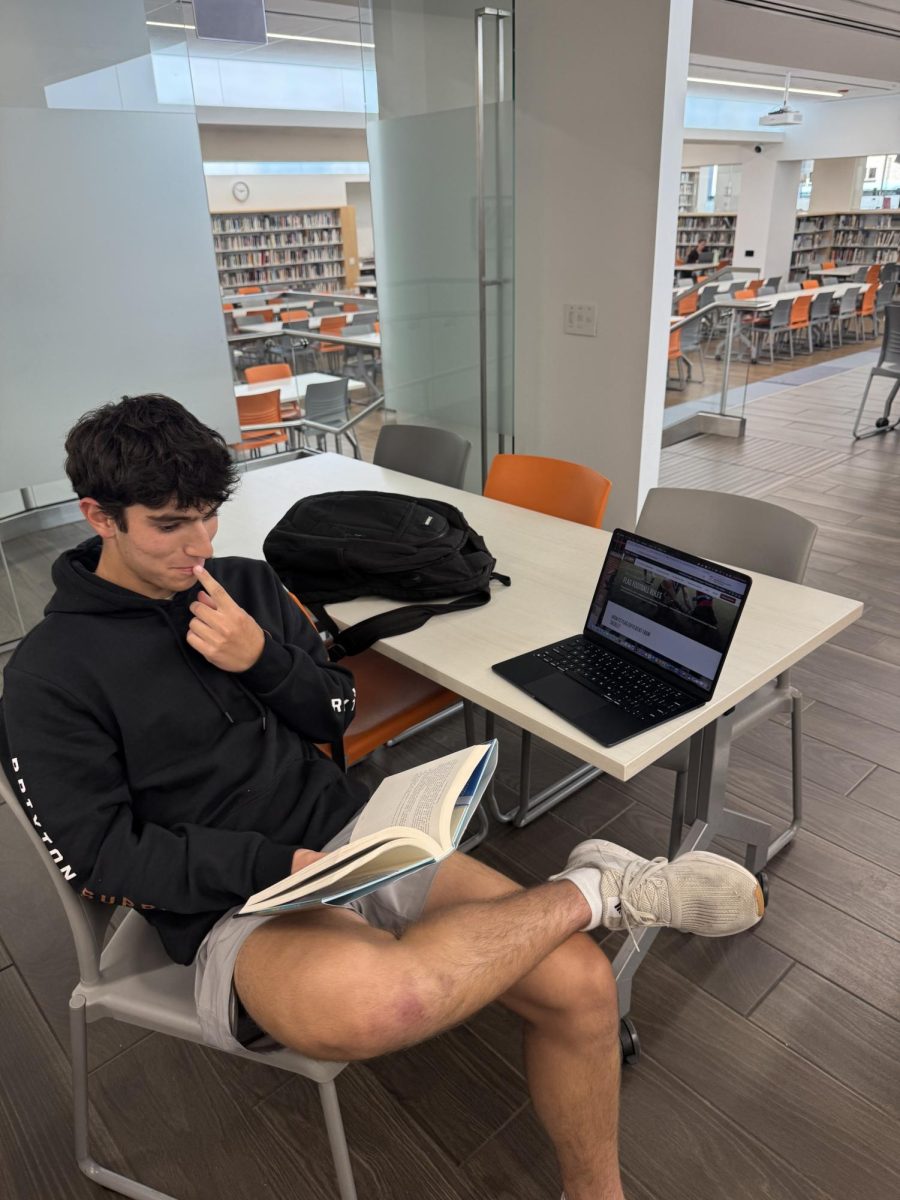



















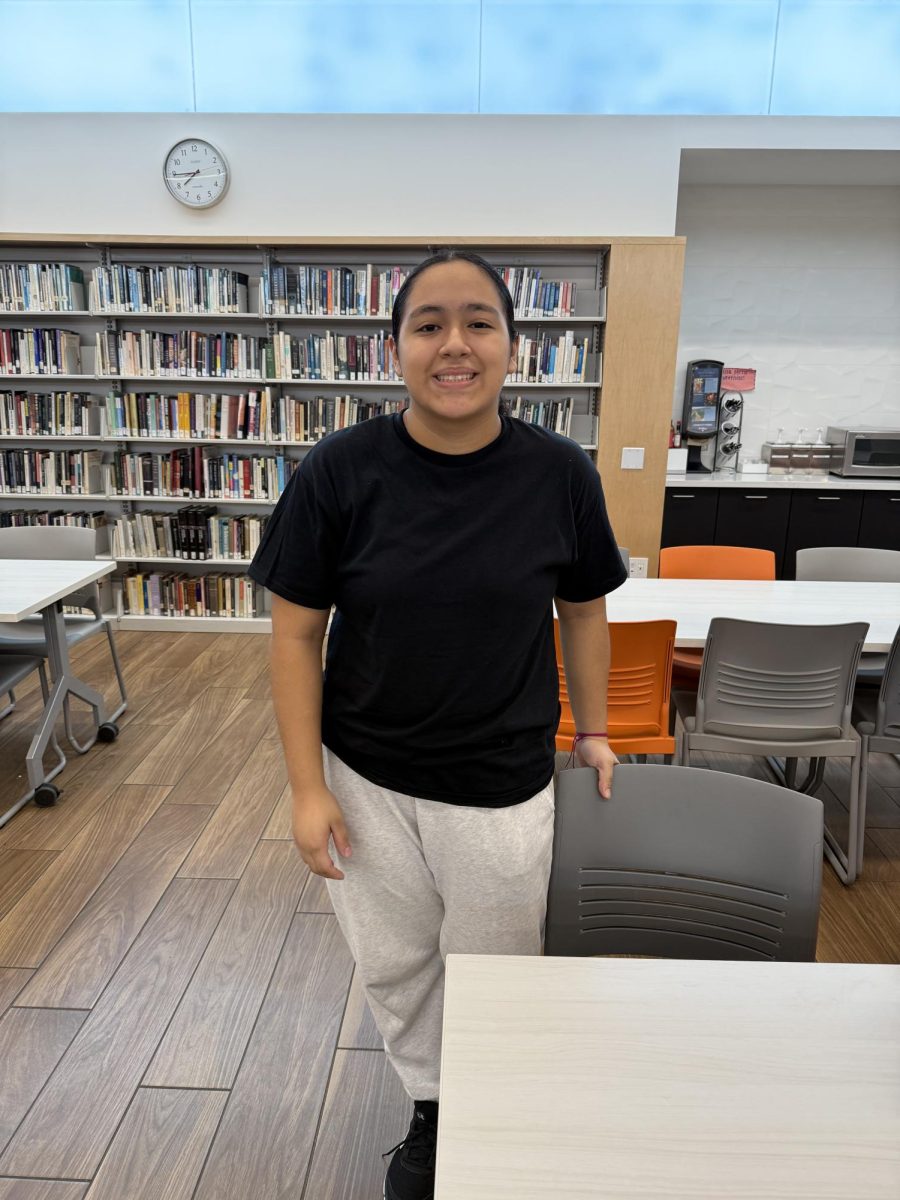













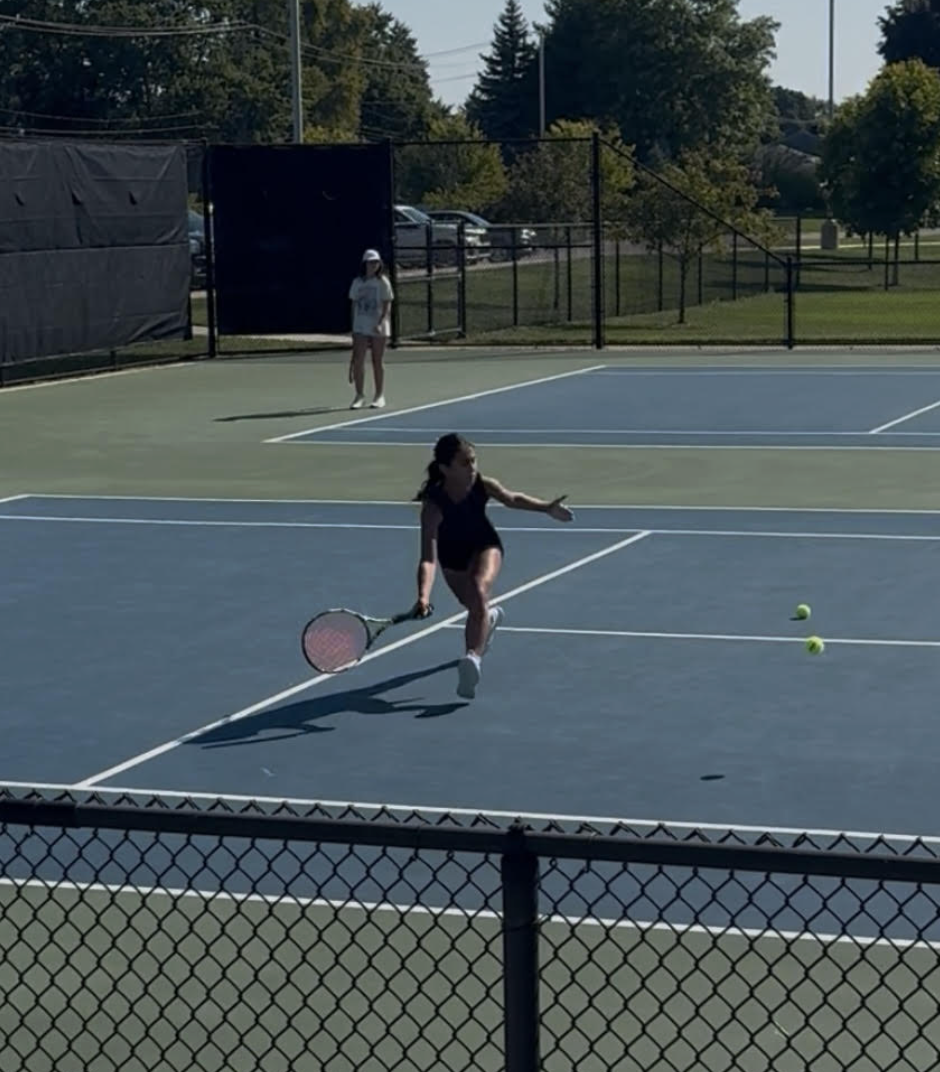









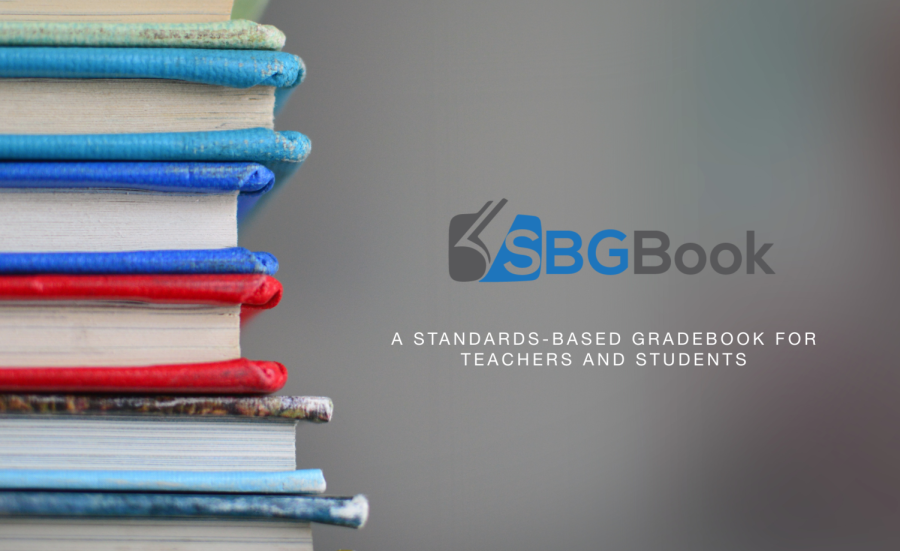
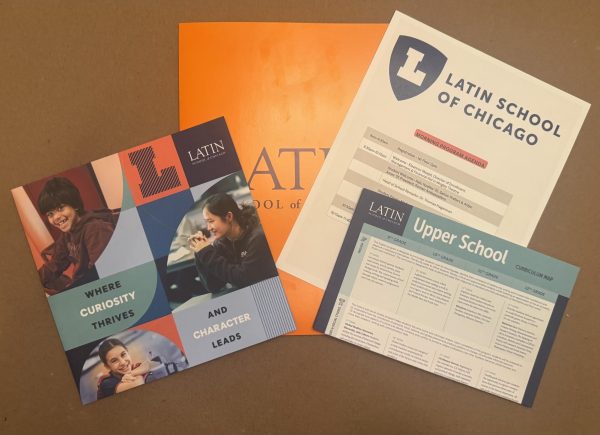
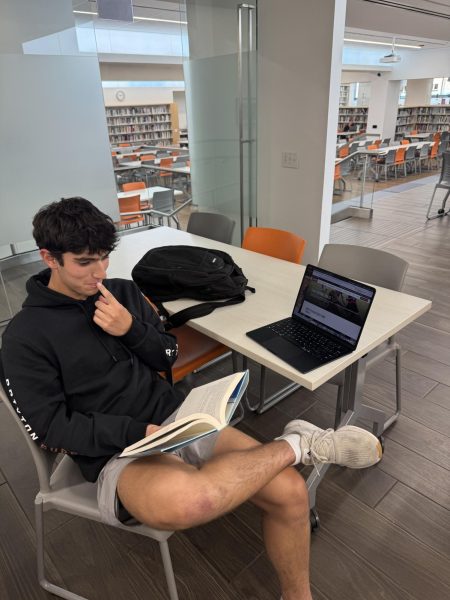
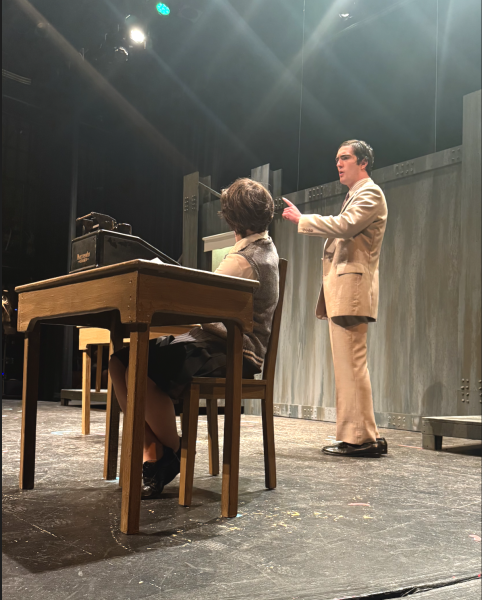
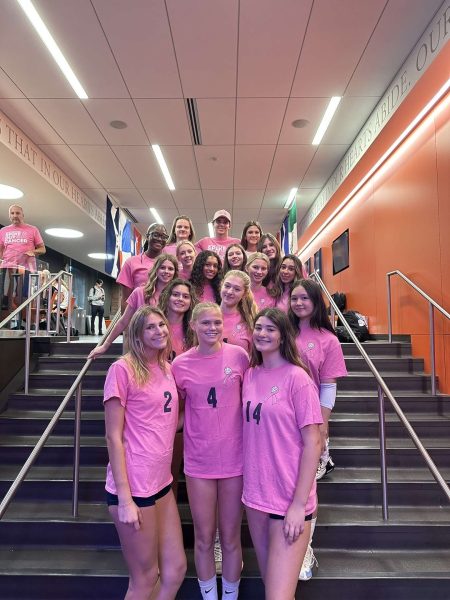


Peter J • Sep 15, 2022 at 5:12 pm
Bruh